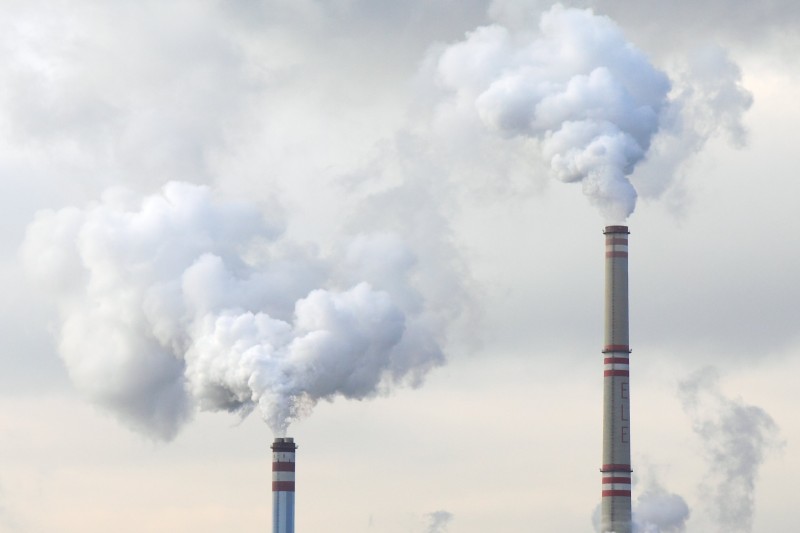Reported by
As world leaders gather this week for the Paris Peace Forum marking a decade since the landmark climate accord to limit global warming to 1.5 degrees Celsius, researchers are warning that hundreds of new and existing fossil fuel projects could push the planet far beyond its remaining carbon budget.
A coalition of nonprofit research groups said an updated version of their “carbon bombs” tracker — mapping large-scale gas, oil, and coal projects expected to emit more than one gigaton of carbon dioxide over their lifetimes — has identified 176 new projects since its first release two years ago. The total now stands at 601.
“This new data shows that ten years after the Paris Agreement was signed, the fossil fuel industry and its financiers are deliberately ignoring it. Their financial interests prevail over irreversible climate breakdown,” said Lou Welgryn, director of Data for Good, one of the organizations behind the project.
The tool, developed by Eclaircies, Data for Good, LINGO, and Reclaim Finance, comes months after a 2025 International Court of Justice ruling found that states could be held legally liable for supporting fossil fuel expansion. The new findings highlight the pressure facing governments that continue to grant licenses and subsidies to high-emitting industries.
Despite global climate pledges, the researchers said, the world’s 65 largest banks have provided an estimated $1.6 trillion in financing to companies developing “carbon bomb” projects since 2021.
According to data shared with the Organized Crime and Corruption Reporting Project (OCCRP) ahead of the tool’s public release, existing and planned fossil fuel extraction projects would consume 11 times the remaining carbon budget compatible with keeping warming to 1.5°C.
The biggest hotspots are in China, Russia, the United States, Australia, India, and Saudi Arabia. The five companies linked to the largest number of new projects are TotalEnergies, China National Offshore Oil Corporation (CNOOC), Eni, BP, and Shell.
“Major global banks are exacerbating climate change and future emissions by continuing to give carte blanche to these fossil fuel companies that are destroying the planet,” said Louis-Maxence Delaporte, energy research manager at Reclaim Finance.
The updated “carbon bombs” map is set to be published ahead of the Paris Peace Forum, where climate policy and accountability are expected to feature prominently on the agenda.






